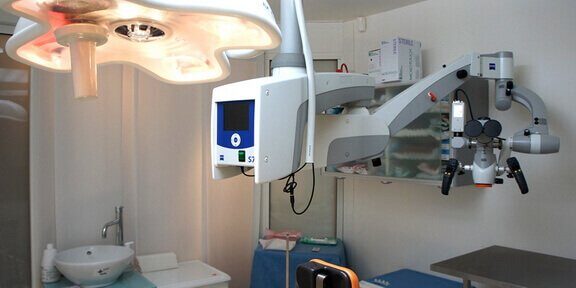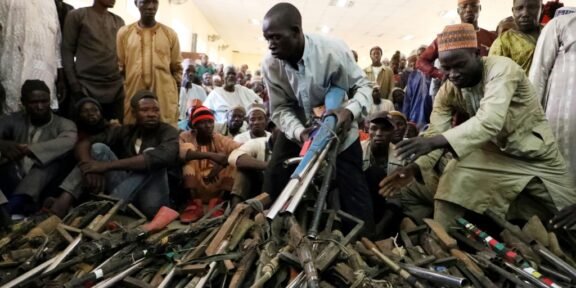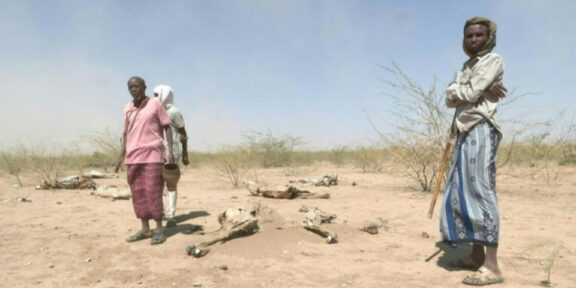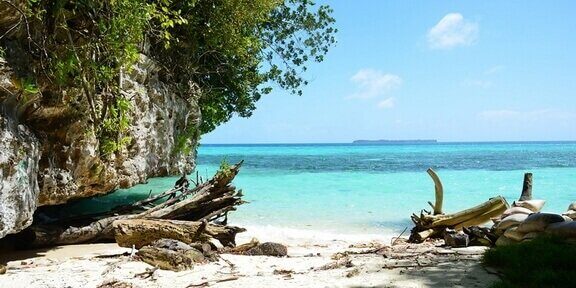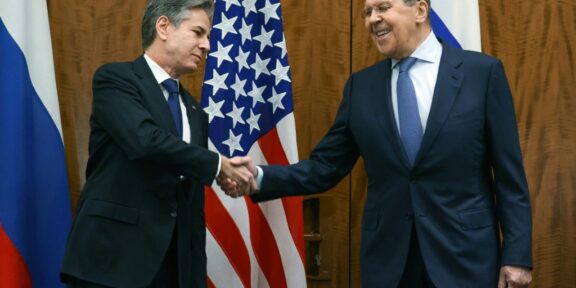Israel launched air strikes into Lebanon on Sunday, saying it destroyed “thousands” of Hezbollah rocket launchers and thwarted a major attack, while the Lebanese group insisted it had been able to deliver a drone and rocket barrage of its own.
The result was perhaps the biggest exchange of fire in 10 months of a war which began with a Hamas attack launched from Gaza and has triggered both new violence on the Lebanon-Israel border and fears of a broader conflagration in the Middle East.
The Israeli military said around 100 of its fighter jets had destroyed launchers “aimed toward northern Israel and some… aimed toward central Israel”.
Hezbollah, the powerful Iran-backed Lebanese armed group, denied that thousands of launchers had been destroyed and countered that Israel was making “empty claims” of having thwarted a larger attack, while boasting that its own operation “was completed and accomplished”.
Israeli Prime Minister Benjamin Netanyahu told his cabinet the strikes were “not the final word” in the campaign against Hezbollah.
A soldier in the Israeli navy was killed in combat and two more wounded, the military said, with an official telling AFP their boat may have been hit by one of their own side’s air-defence interceptors.
The office of the United Nations special coordinator for Lebanon, Jeanine Hennis-Plasschaert, and the UNIFIL peacekeeping force urged “all to cease fire and refrain from further escalatory action”.
Hezbollah has traded near-daily cross-border fire with Israeli forces throughout the Gaza war, in a campaign Hezbollah says is in support of Palestinian ally Hamas.
But fears of a wider regional conflagration soared after attacks in late July blamed on Israel killed Iran-aligned militant leaders, including a top Hezbollah commander, Fuad Shukr, prompting vows of revenge.
– ‘Initial response’ –
Hezbollah said its militants launched “a large number of drones” and “more than 320” Katyusha rockets targeting “enemy positions” across the border.
The Lebanese movement said its attack was an “initial response” to Shukr’s killing, adding that it had “ended with total success”, although the extent of the damage on the Israeli side was not immediately clear.
An AFP photographer in Acre, 20 kilometres (12 miles) from the border, reported damage to three homes from a Hezbollah rocket that struck a roof, with shrapnel smashing windows and destroying a bed.
“There were explosions in the area of Haifa,” said Abigail Levy, a resident of the city south of Acre. “I was stopped and was told not to go to the beach.”
AFPTV footage from early Sunday showed dozens of interceptor rockets being launched into dense clouds above the Upper Galilee in northern Israel, while an AFP photographer saw a Hezbollah drone exploding into a huge fireball as it was intercepted by the Israeli Air Force.
Hezbollah announced two of its fighters had been killed, while its ally the Amal movement also reported the death of a member. No casualties were immediately reported in Israel.
Military spokesman, Nadav Shoshani, said Hezbollah’s strikes were “part of a larger attack that was planned and we were able to thwart a big part of it this morning”.
Hezbollah chief Hassan Nasrallah said the main target of his group was Glilot, “the main Israeli military intelligence base” near Tel Aviv.
Israel’s military said there were “no hits” on that base. Israeli media reported that Glilot hosts the headquarters of the country’s Mossad spy agency.
Israeli authorities declared a 48-hour state of emergency but later relaxed most of the restrictions.
There was some disruption to flights in Israel and Lebanon.
– ‘Stop the escalation’ –
Yemen’s Huthi rebels, among Iran-backed groups that have been drawn into the Gaza war’s periphery, hailed the Hezbollah attack and declared that their own response for an Israeli strike on a Yemeni port last month was “definitely coming”.
The fighting between Israeli forces and Hezbollah has killed hundreds, mostly in Lebanon, and displaced tens of thousands of residents on both sides of the border.
Lebanese Prime Minister Najib Mikati told an emergency cabinet meeting he was in contact with “Lebanon’s friends to stop the escalation”.
At US President Joe Biden’s direction, “senior US officials have been communicating continuously with their Israeli counterparts,” US National Security Council spokesman Sean Savett said in a statement.
The United States is Israel’s top military supplier.
– Gaza talks –
Shukr’s death last month and an attack hours later that killed Hamas political leader Ismail Haniyeh in Tehran ratcheted up concerns that the Gaza war could spiral into a broader conflict.
Hamas said Hezbollah’s Sunday attack was “strong”, hailing it as “a slap in the face” for Israel.
Western and Arab diplomats have sought to head off a broader response to the killings, stressing the urgency of reaching a Gaza ceasefire and hostage release deal.
Egypt’s President Abdel Fattah al-Sisi, whose officials have been mediating Gaza truce talks for months, with the US and Qatar, “warned of the dangers of a new front opening in Lebanon” and called for progress in the talks to enable a “path to calm and stability in the region” his office said.
An official from Netanyahu’s office said a decision would be made later about whether Israeli spy chiefs would attend planned talks in Cairo on Sunday.
Hamas has said a delegation would go to Cairo but only to meet Egyptian officials, rather than participate in the discussions.
On the ground in Gaza, witnesses said battles raged in the area of Deir al-Balah, in the territory’s central region.
Hamas’s October 7 attack on southern Israel resulted in the deaths of 1,199 people, most of them civilians, according to an AFP tally based on Israeli official figures.
Israel’s retaliatory military campaign has killed at least 40,405 people in Gaza, according to the Hamas-run territory’s health ministry, which does not break down civilian and militant deaths. The UN rights office says most of the dead are women and children.
Out of 251 hostages seized by Palestinian militants in their attack, 105 remain in Gaza including 34 the Israeli military says are dead.
Yeswecantv

